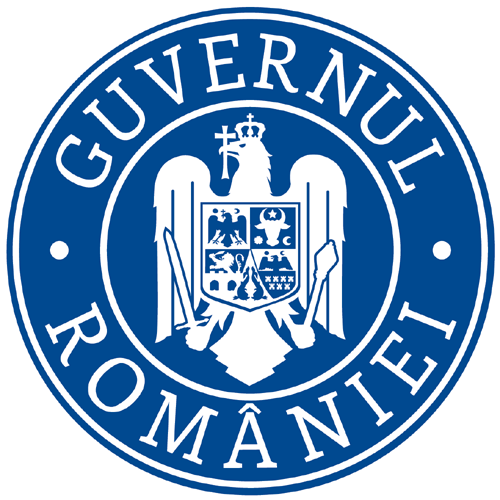Acest proiect are ca temă realizarea unei baze de date cu documentele neoficiale despre romii din Europa,în special din Europa de Est. Scopul proiectului constă în culegerea informaţiilor privind romii din Europa, din diferite surse disponibile în format electronic, şi clasificarea acestora pentru a le pune la dispoziţia cercetătorilor şi a altor părţi interesate. În anul 2011 s-a început colectarea de informaţii produse la toate nivelurile de guvernare, de către mediul academic, cel de afaceri şi industrie, publicaţii care nu sunt controlate de către edituri în scopuri comerciale. Datele (242 de articole) sunt publicate într-o bază de date online cu un motor de căutare. Precizăm că această bază de date nu este exhaustivă şi ea se află într-o continuă dezvoltare. Pentru sesizarea erorilor posibile sau alte observaţii, vă rugăm contactaţi-ne prin e-mail la: pzsuzsa_2000@yahoo.com .
Coordonatori de proiect: Plainer Zsuzsa. Toma Stefánia
Participanti: Bokor Zsuzsa, Iulius Rostas
Titlu: Broadening the Agenda: The Status of Romani Women in Romania
Instituție: Open Society Foundations
An: 2006
Domeniu: Roma women
Țări: Romania
Subiect: women
Type: report
Languages: English
The following are a few of the report\'s results: More than 63 percent of Romani women declared that women have fewer rights than men in Romani communities; Almost a quarter of the women had no formal education. Among Romani men, only 15 percent had no education. Meanwhile, less than 4 percent of the women in Romania’s general population had no formal education; A majority of the women said that employers discriminate against Roma on ethnic grounds. More than 21 percent of respondents thought that workplace discrimination was based on gender; Thirty-nine percent of the women had not earned any income in the last year. Of those who were employed, 54 percent worked informally in jobs that provided no benefits or work agreements. Combining fresh survey data and the voices of Romani women reflecting on their status, Broadening the Agenda is intended to provoke debate among stakeholders, and promote effective policies that erase gender disparities and combat discrimination, poverty, and social exclusion.
New Search Înapoi

